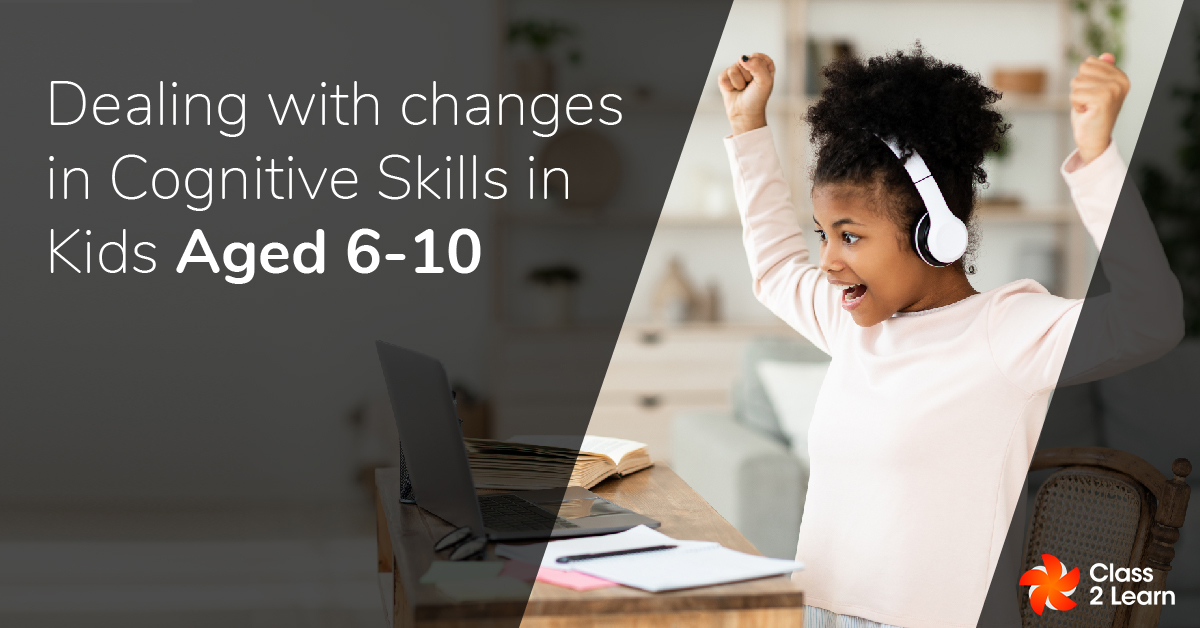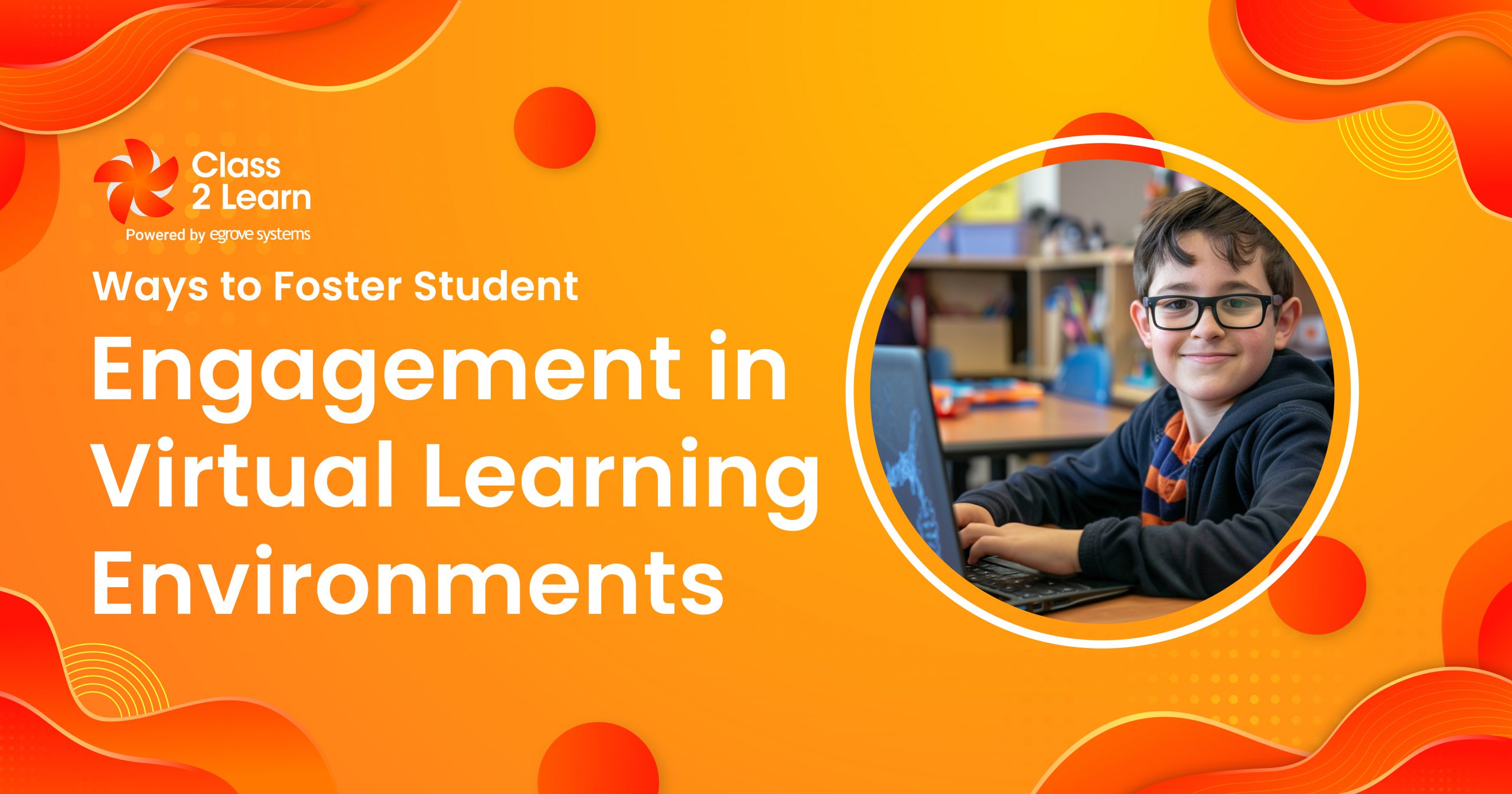It is important that parents actively participate in their child’s academic growth. Although parents have less control over their child’s education once they enter elementary school, they can still have a significant impact by offering constructive direction to their children, eliciting information from them about their educational experience, and closely monitoring their progress to keep them from dropping behind. Here are a few ways that parents of elementary school-aged children might anticipate the development of their children and what they can do to help them.
The American Psychological Association lists some expectations for children of this age in terms of mental and social skills.
In terms of mental skills
- Kids should begin to recognize viewpoints from others and respect different view points and perspectives. They can empathize with others and recognize when the needs of others are greater than their wants.
- They should have increased concentration for longer periods and be able to focus on multiple aspects of a problem. The attention span of a 6-year-old is 12-18 minutes while that of a 10-year-old should be 20-30 minutes.
- Kids can use fundamental planning abilities to decide what they want to do in the coming years, such as which game to play or what they like to become in the future.
- By the age of ten, youngsters have a vocabulary of 20,000 words and acquire an average of 20 new words every day.
- They will have a strong sense of time, understanding which day of the week it is and when activities will take place. They may also put events in chronological order and determine which happened before or after.
In terms of social skills
- Children are developing social relationships with other kids based on give-and-take, shared interests, and experiences.
- Children are increasingly concerned with fitting in and getting along with others and may care more about getting respect from peers than adults.
- They become more independent from their parents due to their ability to do things by themselves, which may change the parent-child relationship.
- When kids play at this age, they are driven toward more rule-based and goal-oriented games rather than make-believe and aimless imagination-based play.
- Kids may develop strong senses of fairness or right and wrong. This can make kids upset or cause aggressive behavior if they get into situations that feel unfair to them.
Good Parental Responses
To deal with the growth in mental and social abilities at this age, parents should be ready to adapt. As children develop morally, parents should be there to help them understand concepts like fairness that keep them from overreacting to their experiences and remind them to think about the perspectives of others like their family members, friends, and teachers.
As they become capable of more problem-solving skills with longer attention spans and memories, they can be taught practical skills to participate in crafts or housework.
As kids become more independent, give them more space but also display interest and pride in the things they can do without your help. Keep kids from isolating themselves just because they can, and stay involved in some way by offering help. If they aren’t ready to give up control, then take the opposite approach and encourage them to do more things on their own.
You may educate children to solve difficulties calmly when they are old enough to grasp the organization and step-by-step instructions. Teach children to detect issues, analyze viable solutions and their implications, and carefully consider the aim they wish to attain before acting. Being level-headed makes it simpler to convey new concepts and deal with new situations without confusing your child.
Each child may be different, but building problem-solving skills and empathy for others goes a long way in this stage of development. As kids grow, they struggle with new experiences and absorb a great deal of information from parents, school, and their surroundings. Parents can connect with their new experiences to help them take the right lessons from their growing social and mental skills.





Add comment